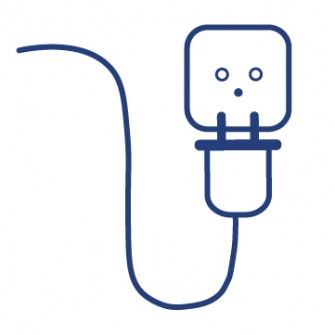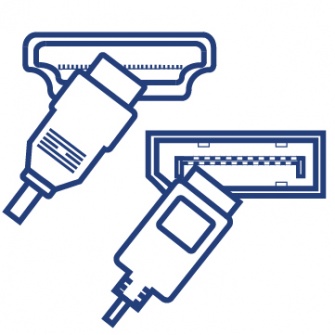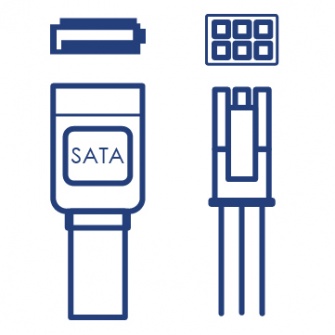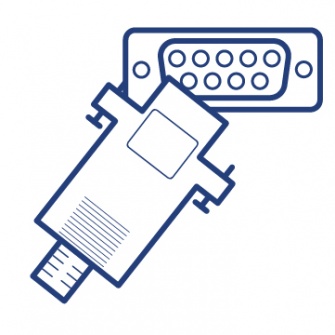A computer cable is an essential accessory for any PC. Therefore, it is worth choosing one that will serve us for many years. The range of computer cables available on the market is really huge. Therefore, it is worth paying attention to a few key aspects before making a choice.
Firstly, it is important to consider the type of cable. Depending on our requirements, we have a choice of different types of cable, ranging from basic USB cables, which are used to connect peripheral devices, to Ethernet cables, necessary for computer networking, to power cables, which provide electricity for our equipment. Choosing the right cable depends on its purpose and the function it is intended to perform in our computer setup. Each is designed for different purposes - connecting a computer to a monitor, connecting to an internet network or connecting internal components.
Secondly, the build quality. Solid, reinforced cables will protect our equipment from damage and guarantee the stability of the connection. Therefore, it is worth paying attention to the material from which they are made and the quality of the connectors.
The third important aspect is the length of the cable. Depending on our needs and workstation configuration, we may need shorter or longer cables. It is important that they provide freedom of action, but at the same time do not cause unnecessary clutter on the desk.
Essential computer cables and cords
As consumers, we are increasingly choosing to purchase wireless computer accessories. However, traditional cables are still very popular. This is because some electronic equipment cannot function without cabling.
Not only desktop computers, but also many peripheral devices such as monitors, printers, scanners or external drives require a stable and fast connection. Cables provide them with such a connection. What's more, cables offer unparalleled data transmission speeds compared to wireless technology. This makes them the ideal choice for professionals and enthusiasts who require the highest performance.
Computer cables also provide a secure and reliable connection. No need for charging or risk of interference make traditional cables irreplaceable in many situations. Cables are available on the market in a wide range of types and lengths to suit the individual needs of each user. Therefore, although wireless technology is developing at a dizzying pace, computer cables and cords still remain an indispensable part of any home or professional computer set-up.
Computer power cables
This is one of the most popular types of computer cable. It is essential for getting a device up and running and running freely. Computer power cables vary in cable length, current strength and plug shape. When choosing a computer power cable, it is worth paying particular attention to the parameters of the device to ensure optimal and safe current flow.
External computer cables
Speaking of computer cables, we cannot fail to mention other types of external cables. They are used to connect devices such as speakers or projectors, to transmit sound, images and other data. This category includes:
- USB cables,
- audio cables,
- network cables,
- monitor cables,
- communication cables.
Internal cables
The cables inside the computer, although invisible, perform very important functions. Thanks to the internal cables, our computer works properly and all the components can work together to provide the best computing power. The computer cables inside the device, we can divide into two categories:
- internal power cables, responsible for the flow of electricity between computer components,
- internal signal cables, which in turn are responsible for the fast and uninterrupted transfer of data.
We invite you to take a look at the full offer of Akyga cables and computer cables!





